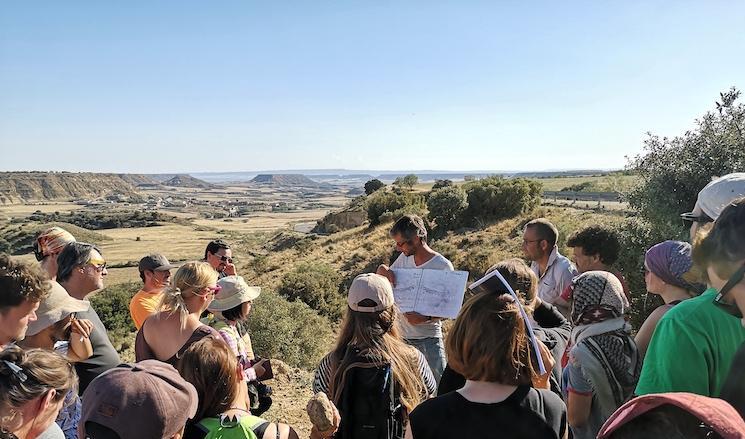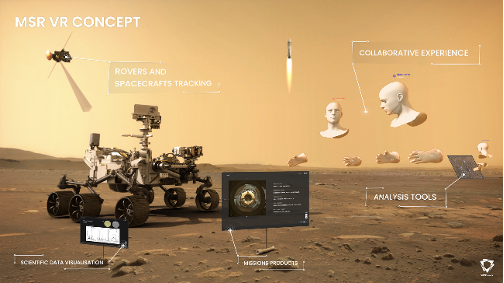The spectacular progress of space exploration during the last 30 years has allowed the development of Planetary Geosciences, which are characterised by the involvement of specialists of the Earth (geologists, geophysicists, geochemists) in understanding evolutionary processes of other planets, at the international level. Space missions provide invaluable data for planetology studies but data relevant to Earth structure and evolution are also mandatory in the context of comparative planetology. Seismic, geodetic, magnetic, geomorphologic, geochemical and thermodynamical data are few examples that are used in comparative planetology to get a full understanding of Earth’s and the Solar System evolution.
Throughout this programme, you will have a unique learning experience in planetary geosciences based on the strong expertise and collaboration inside an international research and training Consortium of about 20 partners worldwide.






